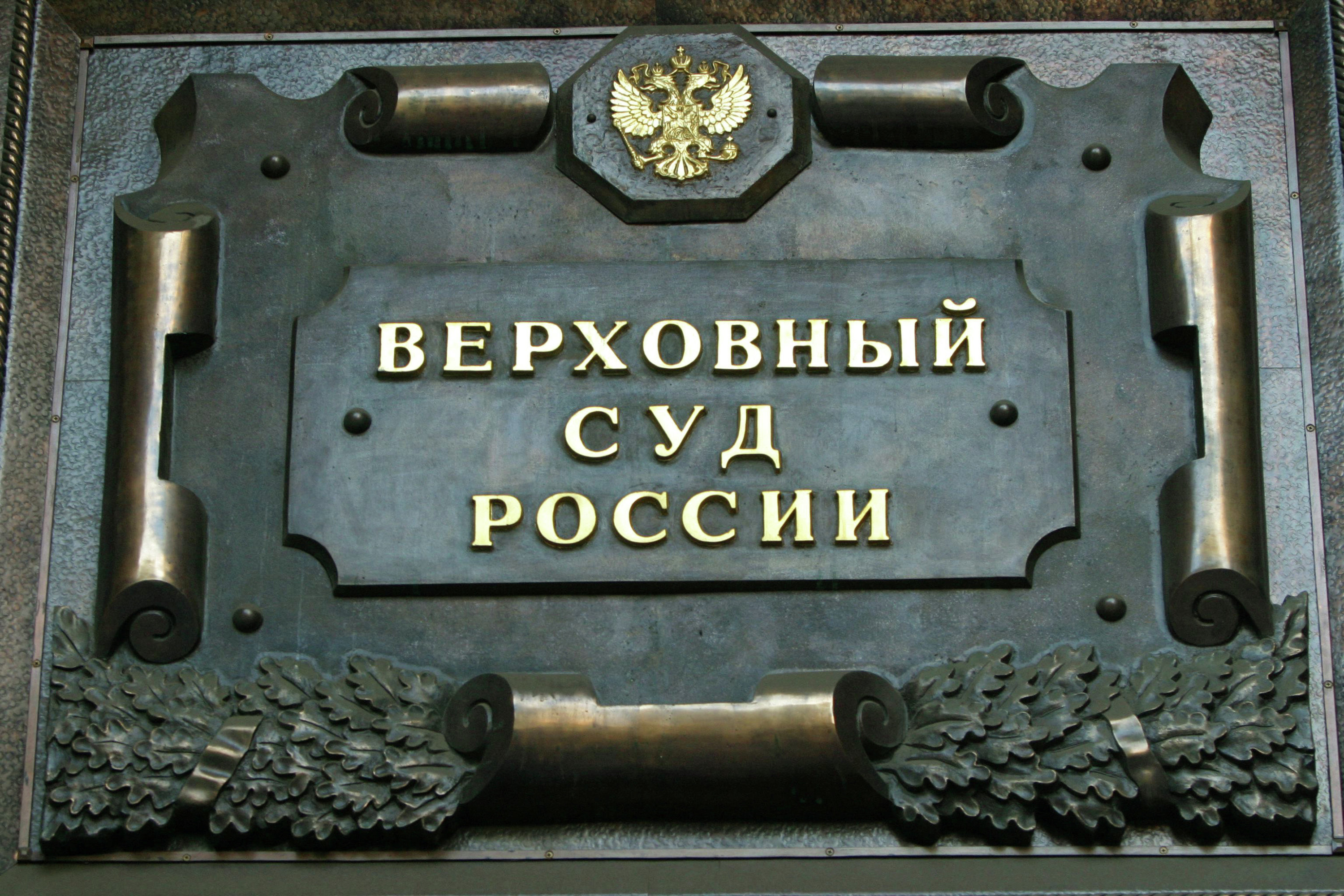MOSCOW, November 27 (RAPSI) - The Russian Supreme Court has found the prosecutor’s inspection of NGOs legitimate, RAPSI reports from the court on Thursday.
An inspection order by the Prosecutor General’s Office was reviewed by court following a claim by Agora, a human rights organization that describes itself as an initiative combating with arbitrary rule of the officials across Russia.
Agora’s lawyer, Ramil Akhmetgaliyev, believes that the inspection of NGOs by prosecutors was not stipulated by law hence the complaint. The lawyer claims that currently the Prosecutor General’s Office is the only authority which supervisory role is not regulated by law.
He recalled that the Russian Constitutional Court is considering a motion by Agora and Memorial that requested constitutionality test of prosecutor’s inspections of NGOs. The applicants claim that the contested provisions of the Federal Law On Prosecutor’s Office are in violation, as they do not expand upon the exact list of reasons which can be used as a basis for an unscheduled inspection by the prosecutors. They also do not state the rights of individuals being probed by the prosecution, and the probing committee’s structure, thus violating the right to assembly.
Moscow Prosecutor’s Office initiated probes of the applicants in spring 2013.The organizations were notified just before the start of the inspection, and the probes were conducted under the generalized reason of “being compliant with the law”.
Under a controversial law approved by President Vladimir Putin in 2012, NGOs funded from abroad and engaged in political activities are required to register as foreign agents, or face fines of up to 500,000 rubles ($10,770) for NGOs and up to 300,000 rubles ($6,462) for directors of NGOs.
Inspections of NGOs began in late March 2013 when the Justice Ministry said its goal was to check that the organizations' activities corresponded with the objectives of their charters and with the Russian legislation.
According to the Justice Ministry, some 6,947 NGOs were inspected in 2012. However, inspections of 206 organizations were unscheduled.



